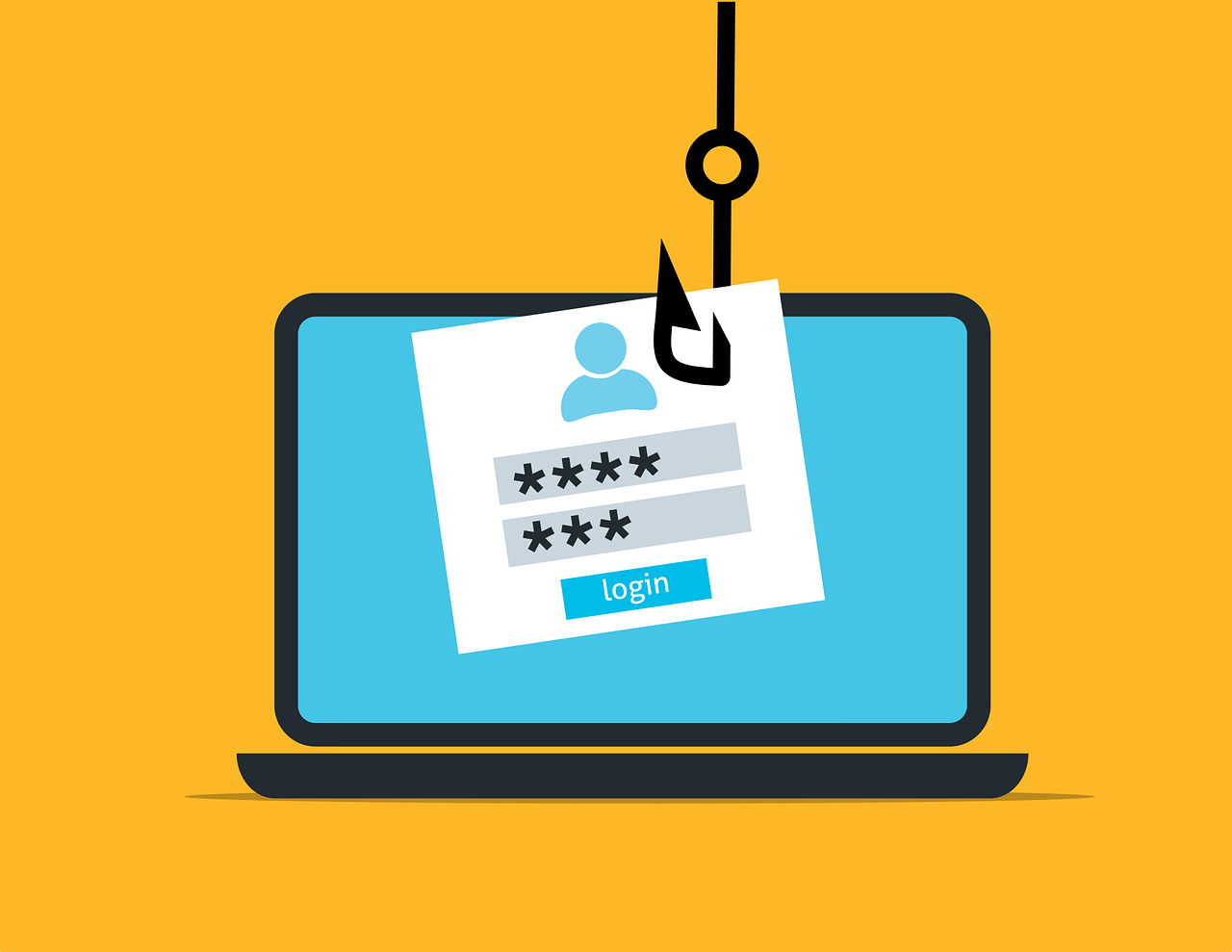If so far you have been using your web browsers for keeping the information required for logging into your accounts such as passwords and logins, you might have already come across a range of problems. Unfortunately, browsers are rather limited when it comes to managing passwords. That is why, in case you are looking for some advanced options, you might be interested in switching to a password manager.
This article will show you how some of the common issues of saving passwords on your browser can be solved with the help of a specialised password manager.
Improving the safety of your logging information
Unfortunately, there is a high possibility that almost anyone with minimum knowledge about web browser can easily retrieve your passwords from the browser itself or use special extensions for changing hidden symbols of passwords into a readable form. With the standard options available on web browsers, one can set a single master-password, yet, special password managers are offering more advanced options, for example, making one use a master password anytime a person is trying to access the base with logging information.
It is also possible to add an extra layer of protection with the help of some password managers which will demand inserting a specific key password for accessing other passwords. On top of that, you can also use a simple yet highly efficient protection of two-phase authentication.
Not keeping your logging information on the servers of third parties
As you can imagine, once you save your logging information on Chrome or Firefox, it gets to the major server of Google or Mozilla. This is true for all of the web browsers and you might not necessarily like such an option. Even though the data is supposed to be encrypted, it is still saved somewhere else.
The majority of password managers are using a cloud technology which actually does not make a great difference when it comes to the place where your passwords are saved. Still, some of the password managers available on the market will provide you with a couple of different solutions.
For example, Enpass and KeyPass have their own encrypted databases. Of course, this means your logging data will still be kept by third party, however, this time, the party holding your data will be the company offering the password manager itself.
Note there are some more advanced options available to users. For instance, such a password manager as BitWarden will give its users an opportunity to create one’s own server for keeping logging data, so that the owner of this data will be the only person having access to it.
Making synchronisation between browsers possible
The modern versions of popular web browsers are offering synchronisation which means that saving your logging information on one device will allow you to retrieve it while accessing the same browser on another device. Still, in this case it is crucial to pay your attention to the fact it is possible exclusively in the case of using the same web browsers on all of your devices. Otherwise synchronisation will simply not work.
It will be easier for you to switch between the same accounts used through different browsers using a password manager. This is usually possible by adding an extension of a password manager to the browser manager you are using. The majority of such password managers are cross-platform and cross-browser. Using the same base of passwords will make your work online a way easier.
Protecting other information
As you can imagine, web browsers can be used exclusively for saving logging information required from accessing websites. Password managers have extended features allowing you to use them for saving a whole range of other information. For instance, you can also save information about Wi-Fi networks you are using, SSH-keys, activation keys for products and even notes. On top of that, many password managers will allow you to attach various other information such copies of documents and photos. All of the information you are going to add to your password manager will be protected.
Do not forget about a possibility of using the majority of password managers as a tool for sorting and organising information. Many such programmes allow their u

